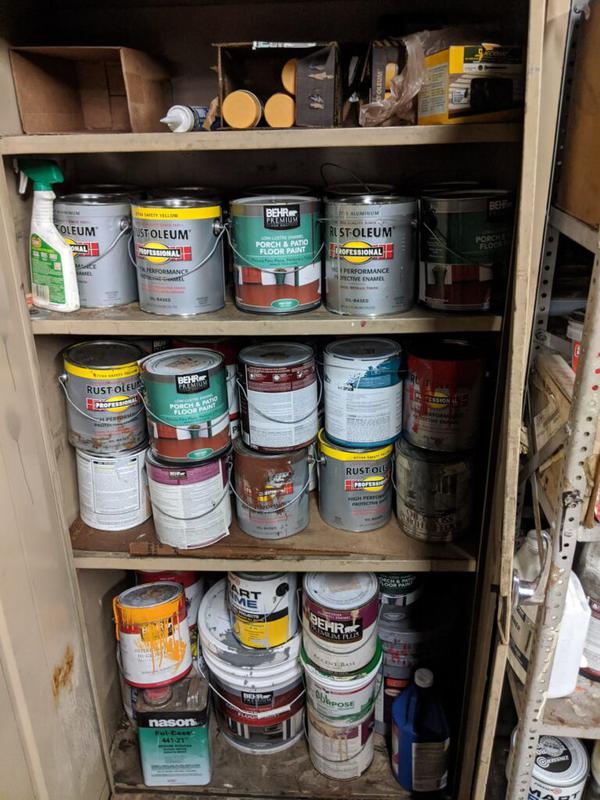
What Is NYC Community Right-to-Know?
The New York City (NYC) Department of Environmental Protection (DEP) regulates the storage, use and handling of hazardous substances, extremely hazardous substances and regulated toxic substances at or above the federal threshold planning quantities (TPQ) within all five NYC boroughs (Manhattan, Brooklyn, Queens, The Bronx, or Staten Island) through its Community Right-to-Know (RTK) Program. These substances are regulated to protect the health and safety of the public and emergency responders from potential exposure related to toxic or hazardous substances and to prevent potential adverse impacts to human health and the environment.
When Is the RTK Filing Due?
Under the RTK Program, owners or operators of applicable NYC businesses that store hazardous substances within their facilities are required to submit a Tier II report to the NYC DEP annually by March 1st (for the previous year).
How Do I Know if My Facility Needs to File?
You are required to file if the amount of hazardous substances stored at your facility is at or exceeds the reporting thresholds set by the NYC law. Many substances may need to be reported, even in small quantities, based on the very low reporting thresholds.
Examples of facilities that are required to file with the NYC DEP under the Community Right-to-Know Law include:
- Industrial and Manufacturing Facilities
- Dry Cleaning and Laundromat Facilities
- Automotive Repair Facilities, Car Dealerships, Service Stations and Auto Body Shops
- Nursing Homes and Rehabilitation Centers
- Hotels and Commercial Hospitality Businesses
- Funeral Homes and Printing Facilities
- Bulk Supply Stores
- Research and Analytical Laboratories
- Other Businesses that House Hazardous Substances
If your facility uses or stores any of the substances listed below, you may be required to file:
- Petroleum products (Diesel, Gasoline, Motor Oil), Brake Fluid, Antifreeze
- Lubricants, Grease, Degreasers
- Paints, Paint Thinners, Lacquers, Dyes
- Cleaning Supplies, Bleach, Wax, Solvents, Detergents
- Aerosols, Air Fresheners, Disinfectants, Insect Repellants
- Batteries, Fertilizers, Preservatives, Lead welding rods
- Compressed Gas Cylinders
What Happens if I Don’t File on Time?
The DEP could inspect your facility
without prior warning and issue a violation for not filing on time or at all.
There can be serious penalties for not submitting your Right-to-Know Filing. Noncompliance or incorrect forms could potentially cost you up to $2,500 and up to one (1) year in prison for your first violation. Fines increase for repeated violations, and you may be required to appear at a hearing, with no opportunity to simply answer guilty and pay the fine without appearing.
How Do I File?
Tier II Reporting to the NYC DEP under
the RTK program includes a Facility Inventory Form (FIF) that specifies the amount, storage location, and chemical
nature of all hazardous substances stored during the previous calendar year.
Specifically, your filing requires the following:
- Full chemical inventory of hazardous substances used/stored at your facility.
- Safety Data Sheets (SDSs) for each substance for evaluation and inclusion in your submitted report.
- Break down mixtures into their components/ingredients.
- Convert amounts of substances inventoried into units required for filing.
- Completion of all NYCDEP forms (Tier Two Filing).
- Submit completed inventory packages to NYC DEP & New York City Fire Department (or the Fire Department of the City of New York – FDNY).
Questions?
If you have any questions regarding your chemical inventory, DEP compliance, or RTK Tier II filing, check out our Right to Know webpage and contact Walden Environmental Engineering.
